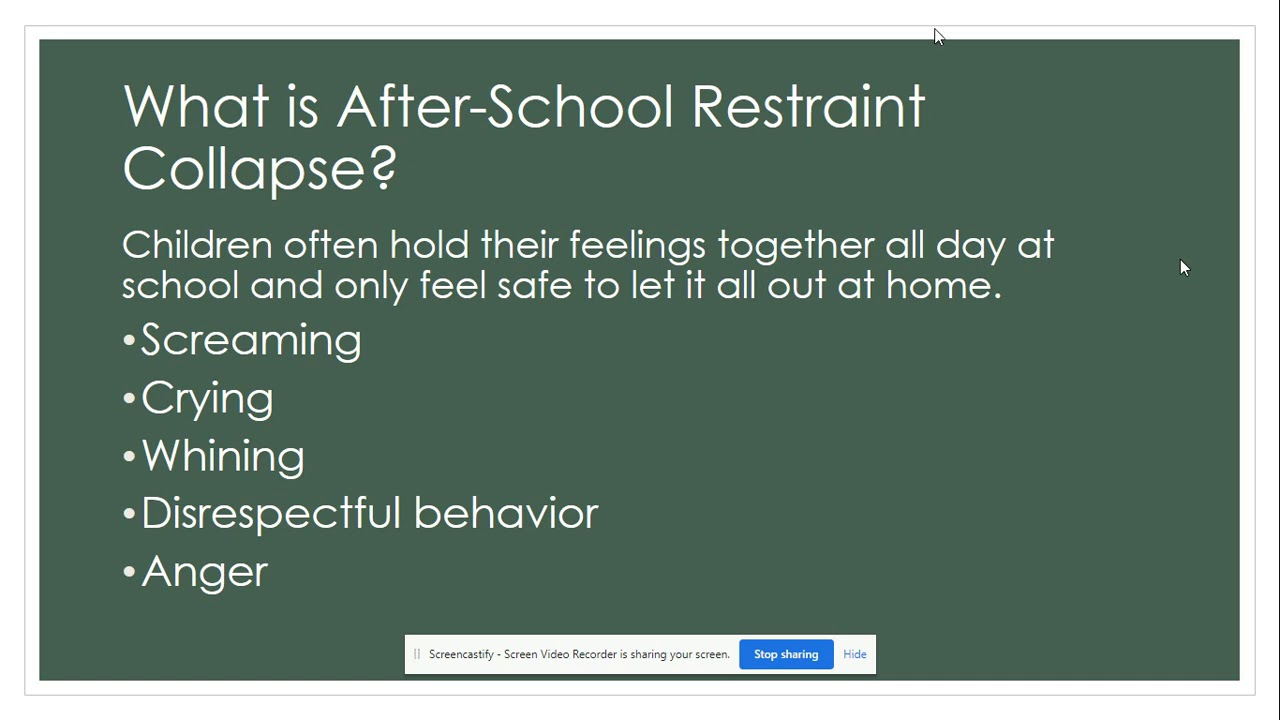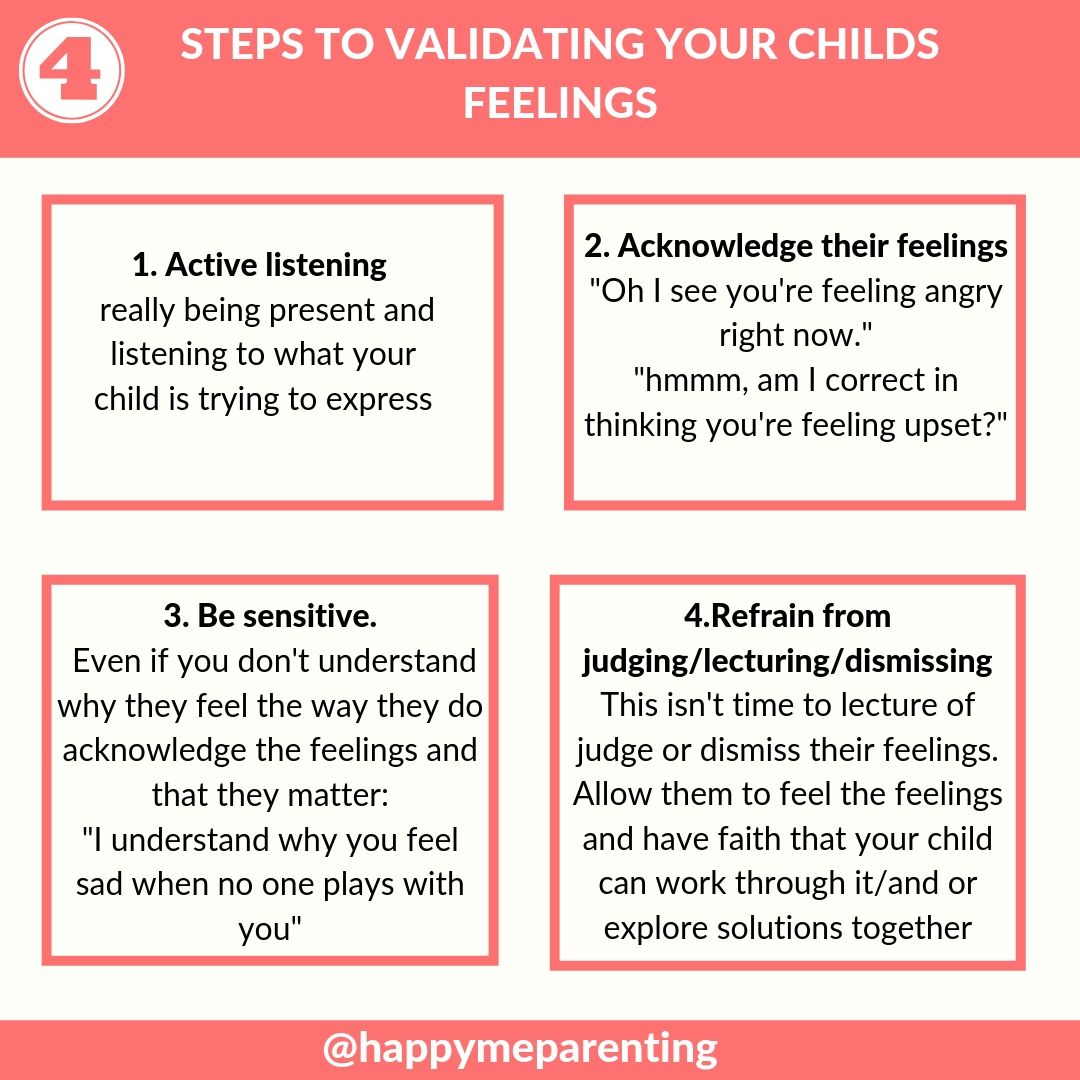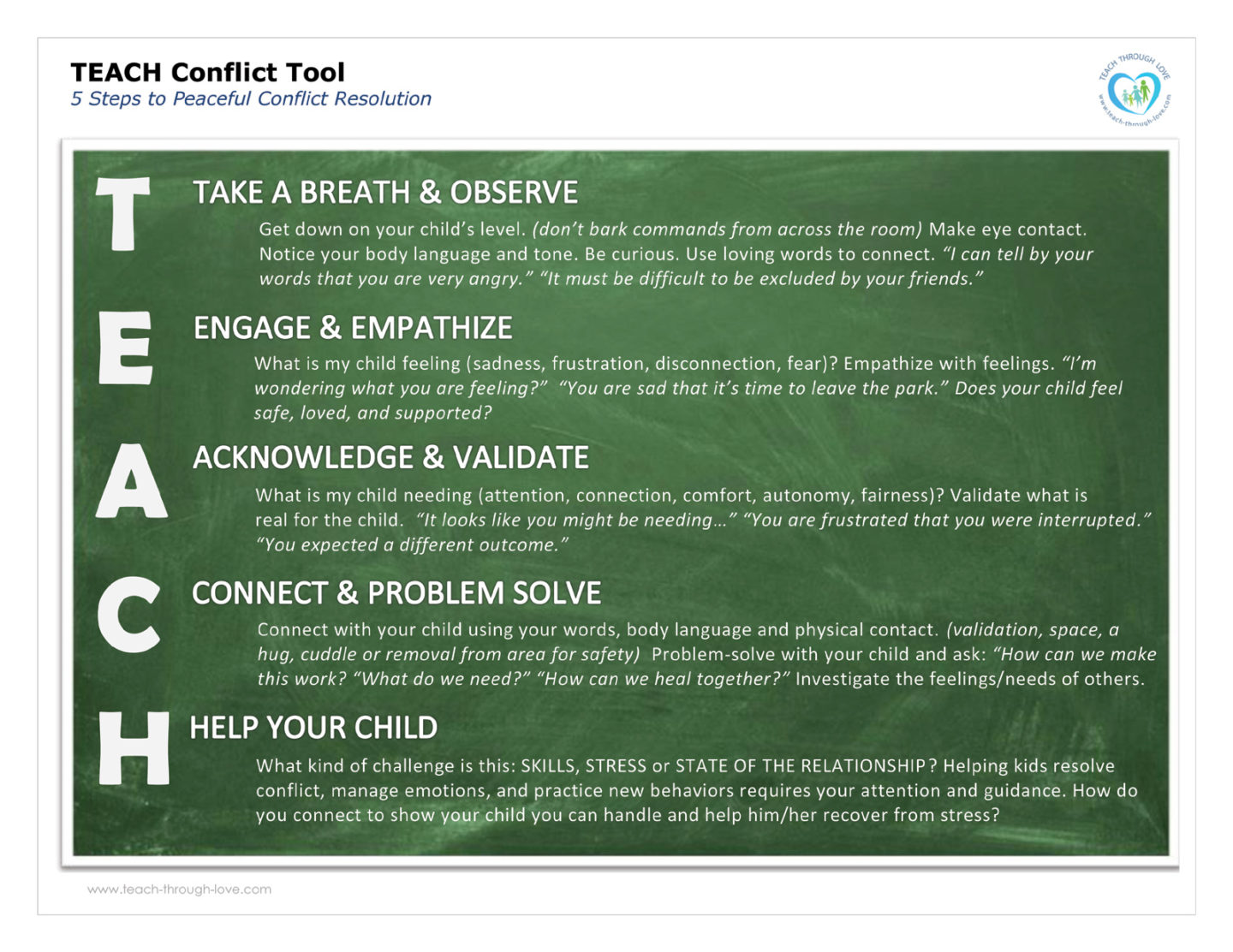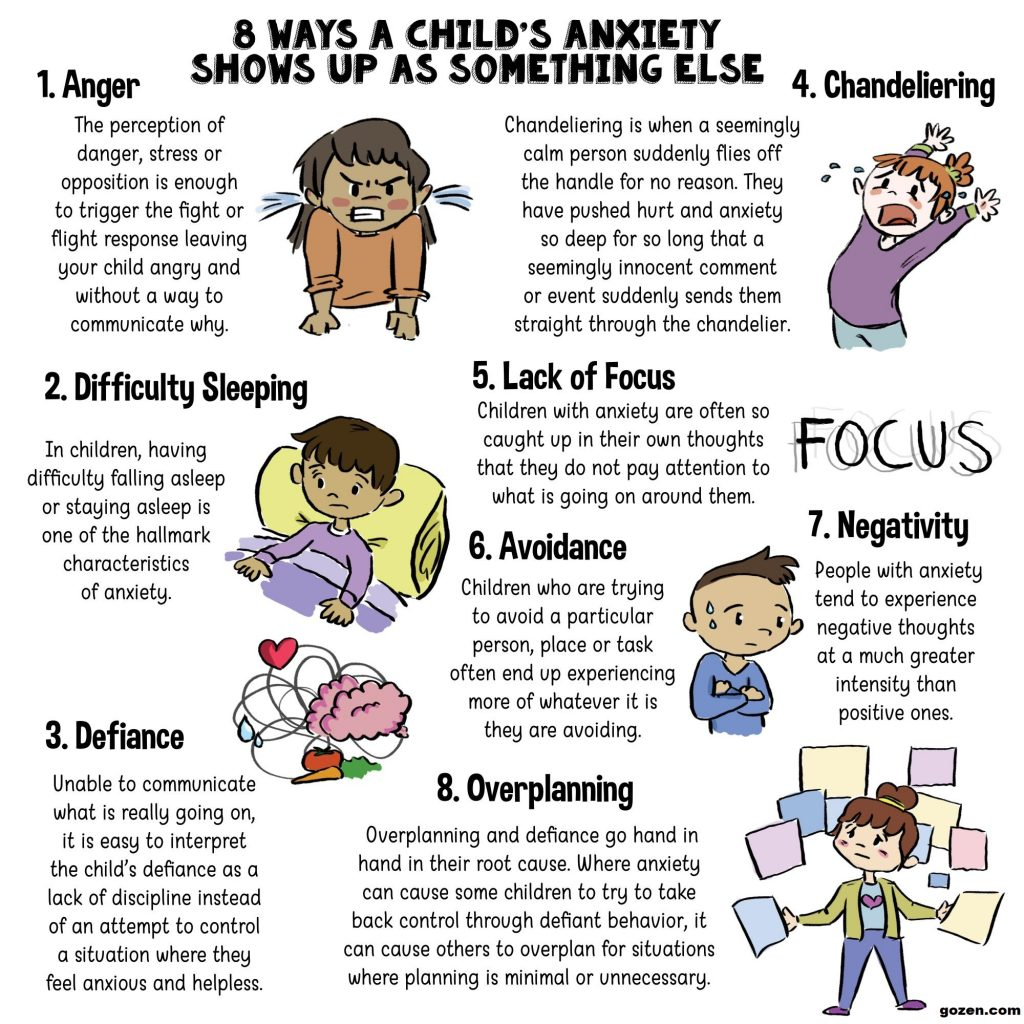With speculations of schools reopening and our children going back to school five days a week in person learning, there are a lot of emotions that come with it. Don’t get me wrong, we are all so excited and Colette cannot wait to go back to school with all of her friends but as a parent with constant shifting of information, I have been feeling a little anxious too. So I took some time to talk to Lindsay Herndon, LMHCAssociate VP, Outpatient Services at BryLin Behavioral Health and ask all the questions that we as parents have about helping our children successfully transfer back to school.
Start converstations
It’s very important to start the conversations with your children before they even go back. Normalize that school will be different but it is going to be ok. Talk about masks breaks, the new routines, safety protocols, and how their day might look a little different for how it used to. If your child is a little older ask them about their concerns, open up the conversation before they go back to school.

Validate their feelings
Parents play an influential role in helping children cope, encouraging a positive back-to-school transition and helping to reduce children’s anxiety and worries. Lindsay explained to me that younger children can be feeling these big feelings yet can’t identify them. So we as parents have to give them the right language to help them validate their big feelings. Then, a child can label the worry or concern. Giving the feeling can tame the fear by helping children build understanding about what they’re feeling. Which then gives the parents and children a common emotion language that can be used in future discussions, and provides an opportunity for parents to provide emotional support and coping strategies.

Coping Strategies
Helping your child use coping strategies in and out of the home is very important. Some coping skills are taking deep breaths, simply sitting down and creating art, and or writing down their emotions and thoughts. Lindsay provided these great visuals that you can keep for yourself as a reference when your child returns back to in person learning.

Look for defiant behavior
When things are out of our control, this can lead to feelings of anxiety because they are unpredictable. Below is a visual showing ways that your child might be displaying signs of anxiety.

Find counseling
Children and parents need counseling! Lindsay and I both agreed that everyone should be getting counseling (I start this month) and Brylin Behavioral Health Center in Williamsville, outpatient mental health care is provided for children, adolescents and adults 5 years of age and older. They use individual therapy options help your child and family cope with any psychiatric challenges through play therapy, family system therapy, and many more evidence based therapies that will help your child! If your child is struggling at all or you think your child would benefit from their services dial (716) 632-5450 to talk to their support staff.
Be kind (to yourself)
Ultimately, our children need us to lead the way for a successful back-to-school transition and to develop the lifelong skills they need for life challenges. I hope the tools and visuals provided above are helpful. And remember, parents who care for their own well-being and mental health are better able to care for their children’s — so be kind to yourself and remind yourself that you’re doing a great job mamas!

This is an awesome resource! I would LOVE you to share it with Mrs. Noe. So many parents need to read this because they think their child is going to return to school without a problem and what we are seeing is this is not true! Social Emotional Health is so important! When we return to 5 days, the struggle will be real! Thank you for this resource!
I completely agree! I will definitely share with Mrs. Noe! I hope it helps everyone transition back to 5 days a week (even me)! xoxo